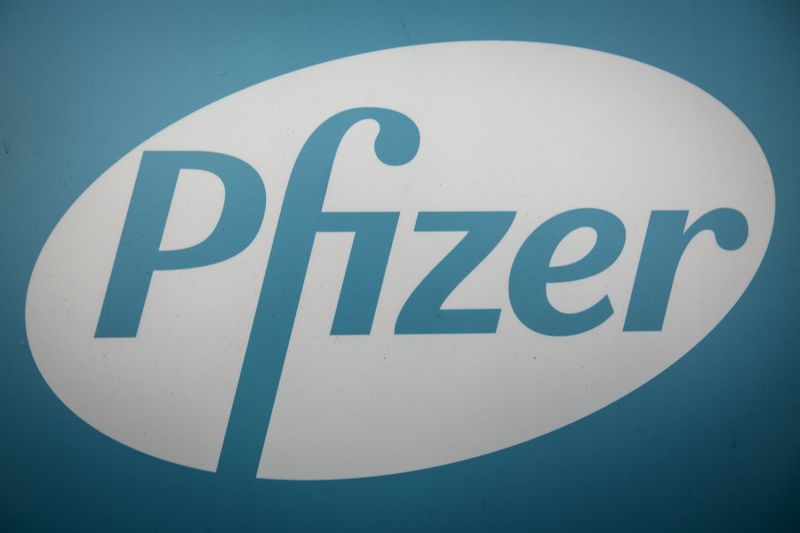By Kevin Drawbaugh
WASHINGTON (Reuters) - Pfizer Inc's (N:PFE) buyout bid for Allergan Plc (N:AGN) has financial markets on edge over a possible new move by the U.S. Treasury Department against tax-inversion deals, but the outlook for any such steps was still unclear on Friday.
For months, Treasury has offered no fresh guidance on the inversion issue, leaving tax experts to speculate about what could come next. Inversions typically involve a U.S. multinational buying a smaller foreign rival and relocating to its home country, if only on paper, to escape U.S. taxation.
Allergan shares fell 2.3 percent on Thursday afternoon amid reports that Treasury might move to block its deal with Pfizer.
Possible steps the government might take include tightening the rules on two strategies related to inversions, tax experts said: "earnings stripping" and "skinny down" distributions.
Treasury took several actions in September 2014 to reduce the tax benefits available to companies that have inverted, while also making new inversions more difficult to do and less potentially rewarding. The moves stemmed a wave of inversions, but not before Minnesota medical technology group Medtronic (N:MDT) reincorporated in Ireland.
At the time, Treasury and the Internal Revenue Service said they were weighing further actions. On Friday, a Treasury spokeswoman offered more of the same language.
"The Treasury Department and the IRS expect to issue additional guidance to further limit inversion transactions," said the statement from late last year.
That guidance said Treasury was looking at ways "to address strategies that avoid U.S. tax on U.S. operations by shifting or 'stripping' U.S.-source earnings to lower-tax jurisdictions, including through intercompany debt."
Because U.S. corporations don't disclose what they pay in income taxes, it's hard to estimate how much revenue has been lost to inversions or could be lost in the future. A congressional committee estimated in May 2014 that legislation then being debated to largely slam the door on inversions would raise almost $20 billion from 2015 through 2024. That legislation was never adopted.
Tighter earnings-stripping rules would curtail a key attraction of inversions, but Treasury has struggled to write such a rule within the constraints of present law, experts said. Fresh legislation from Congress on inversions, despite occasional rhetoric to the contrary from lawmakers on Capitol Hill, is regarded as unlikely before the 2016 elections.
"The rhetoric is heating up over Pfizer, but I don't see anything immediate on the horizon," said Edmund Outslay, a tax accounting professor at Michigan State University. Nor, he said, did he expect Treasury to act on its own.
Corporate tax law consultant Robert Willens said a tighter earnings stripping rule from Treasury was unlikely without action from Congress. But, he said, Treasury could harden its existing rule on "skinny down" restructuring strategies meant to circumvent existing inversion rules.
No two inversions are identical, but the goal is usually for a U.S. company to do just enough to satisfy Treasury and IRS requirements for treatment as a foreign entity, while avoiding the actual transfer abroad of core management and research.

To be recognized as a foreign entity under U.S. law, one key hurdle is to ensure that the original U.S. shareholders own less than 60 percent of the combined company. One way to do that is through "skinny down" share buybacks or other distributions that shrink the size of the U.S. company going into the inversion. Treasury likely could tighten that rule, perhaps by extending the time limit on covered transactions, without accompanying legislation from Congress, experts said. "I think that's where they'll focus their attention," Willens said.